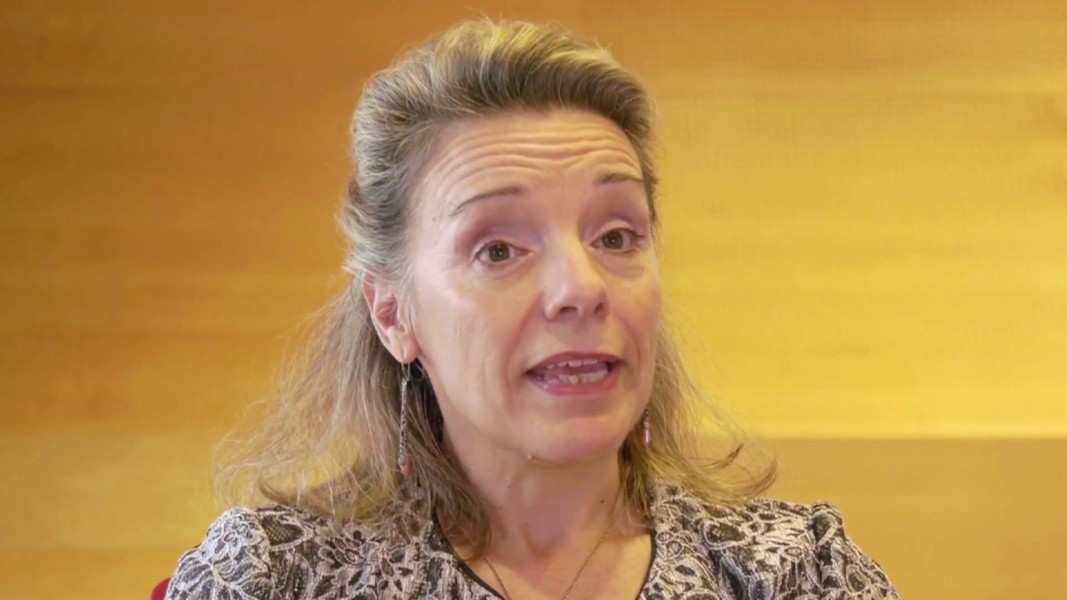Digital technologies and digitalization have already changed a significant part of our way of life and work and require us to constantly acquire new knowledge and skills. That is why the European concept of 'lifelong learning' is becoming increasingly relevant.
Making education accessible to all citizens at all stages of their lives has always been a priority for the EU. And the digital space offers a wide range of possibilities. Recently, the pan-European network of digital competence centres All Digital released a revised version of the Manifesto for Enhancing Digital Competences across Europe, which recommends emphasizing five key areas in the field of education – more supply, better accessibility, higher quality, digital competence and sustainability.
But how will an adult learn to use internet banking, for example? He or she will most likely need help from someone else, or at least written instructions. The Index of Digital Entry into the Economy and Society, DESI, used to build Europe's 2030 Digital Compass, shows that four out of ten adults, as well as one in three working Europeans do not have basic digital skills. The European Commission aims to have 70% of older Europeans have acquired basic digital skills by 2025.
This cannot happen without changes in the education system. Divina Frau-Meigs, a professor of sociology of media and information and communication technologies at the Sorbonne, is convinced of this. She is also a sought-after specialist by organizations such as UNESCO, the Council of Europe, and the European Commission.

A useful starting point for success on the path to digital transformation are the various educational resources created with the help of the European Commission. One of them is the multilingual electronic platform for adult learning EPALE (Electronic Platform for Adult Learning in Europe). It provides educational content, seminars, networking opportunities and is an open membership for adult education professionals. EPALE allows them to connect with each other and learn from each other. In a recent discussion on the same internet platform, Divina Frau-Meigs highlighted the challenges facing educational institutions in the future.
The cool autumn evenings give us a reason to immerse ourselves in the cosy atmosphere of restaurants in Sofia and try new flavours inspired by global culinary trends. Leading Italian travel platform praises Sofia in autumn..
At 04:00 Bulgarian time on October 26, 2025, we must turn our clocks back one hour. This means one more hour of sleep, but it does not eliminate the stress for the body as a result of the change in the biological schedule,..
A celebration of children’s love of books and imagination will take place on 25 October in Los Angeles, organised by the Bulgarian School “St. St. Cyril and Methodius” , according to the school’s Facebook page. The Parade of Books and Fairy Tale..
Under the motto "Responsibility, Unity and Security" on November 5 and 6, 2025, a German-Bulgarian seminar for journalists and public..
Everyone knows that as soon as temperatures start going down it is pickle-making season. Making preserves at home is a time-honoured and widespread..

+359 2 9336 661
